How Baby Soap Differs from Ordinary Soap: A Gentle Approach to Infant Skincare
Baby soap, formulated specifically for infants, differs from ordinary soap in several ways. In this article, we will explore the unique features and benefits of baby soap that make it the ideal choice for your little one's gentle skincare routine.
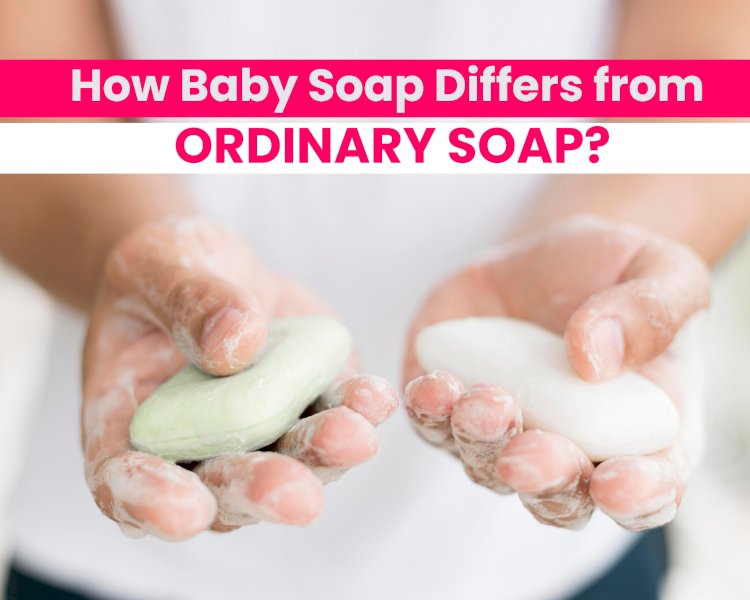
Introduction:
Bathing is a special bonding time between parents and their little ones. It is a moment of care, tenderness, and nurturing. When it comes to baby skincare, it is crucial to understand that their delicate skin requires special attention. Baby soap, formulated specifically for infants, differs from ordinary soap in several ways. In this article, we will explore the unique features and benefits of baby soap that make it the ideal choice for your little one's gentle skincare routine.
Understanding the Unique Needs of Baby Skin:
Baby skin is incredibly delicate and sensitive, requiring a gentle approach to maintain its health and well-being. Here are a few characteristics that differentiate baby skin from adult skin:
- Delicate and sensitive nature: Baby skin is more prone to irritation, dryness, and allergic reactions due to its thin and delicate nature.
- Thinner epidermis: The outermost layer of baby skin, the epidermis, is thinner and more permeable, making it more susceptible to moisture loss and external irritants.
- Limited ability to regulate moisture: Baby skin has a reduced ability to regulate moisture, making it prone to dryness and dehydration.
Differences in Formulation:
Baby soaps are specially formulated to cater to the unique needs of delicate baby skin. The following factors distinguish baby soap from ordinary soap:
- Mild and gentle ingredients: Baby soaps utilize mild and gentle ingredients that are suitable for sensitive skin. These ingredients help cleanse without stripping away natural oils or causing irritation.
- pH-balanced formulations: Baby soaps maintain a pH level that is closer to the natural pH of baby skin, helping to preserve the skin's natural protective barrier.
- Fragrance-free and hypoallergenic options: Baby soaps are often fragrance-free and hypoallergenic to minimize the risk of allergic reactions and skin sensitivities.
Avoidance of Harsh Chemicals:
Baby soaps avoid the use of harsh chemicals that can be harmful to delicate baby skin. Here are some common ingredients that are typically absent from baby soap formulations:
- Sulfates: Sulfates, such as sodium lauryl sulfate (SLS) or sodium laureth sulfate (SLES), known for their foaming properties, can be drying and irritating to baby skin. Baby soaps are often free from these harsh surfactants.
- Parabens: Parabens are preservatives commonly found in skincare products but can potentially disrupt hormonal balance. Baby soaps are formulated without the use of parabens.
- Artificial dyes and fragrances: Synthetic dyes and fragrances can be irritating to sensitive baby skin. Baby soaps are typically free from these artificial additives.
Extra Moisturization and Nourishment:
Keeping baby skin moisturized is vital to prevent dryness and maintain its natural softness. Baby soaps offer additional moisturization and nourishment through:
- Emollients and moisturizing agents: Baby soaps contain emollients and moisturizing agents that help lock in moisture, keeping the skin hydrated and supple.
- Natural oils and butters: Ingredients like coconut oil, shea butter, and almond oil provide natural nourishment to baby skin, promoting its health and elasticity.
- Soothing and calming ingredients: Baby soaps may incorporate soothing ingredients such as chamomile or calendula, known for their gentle and calming properties on sensitive skin.
Enhanced Safety Standards:
Baby soap manufacturers adhere to stringent safety standards to ensure the well-being of infants. These standards include:
- Rigorous testing for safety and efficacy: Baby soaps undergo extensive testing to ensure they are safe for use on delicate baby skin. This includes testing for skin compatibility and potential irritants.
- Compliance with baby product regulations: Baby soaps comply with specific regulations and guidelines set for baby care products, ensuring their suitability for infants.
Choosing the Right Baby Soap:
When selecting a baby soap, consider the following factors:
- Read product labels: Look for baby soaps that explicitly state they are formulated for infants and mention their mildness, hypoallergenic nature, and absence of harsh chemicals.
- Consult with pediatricians: Seek advice from your pediatrician or healthcare professional, who can recommend baby soap suitable for your baby's specific skin needs.
- Consider individual baby's needs: Every baby is unique, and their skin requirements may vary. Consider factors such as dryness, sensitivity, or any known allergies when choosing a baby soap.
Conclusion:
Baby soap is specially crafted to meet the delicate needs of infant skin. With its mild formulation, gentle ingredients, and added moisturization, baby soap provides the perfect balance of cleanliness and care. By opting for a suitable baby soap, you can ensure that your little one's skin remains healthy, nourished, and protected.









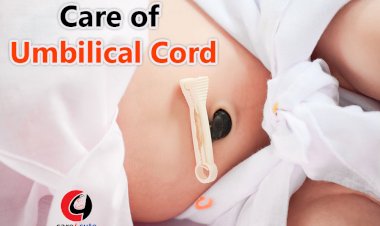
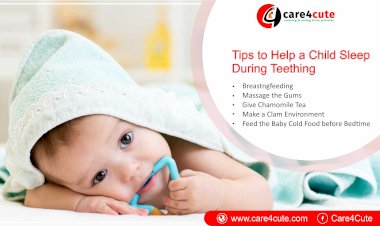



















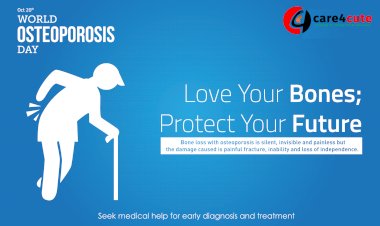


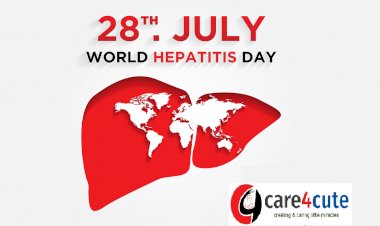

Comments (0)